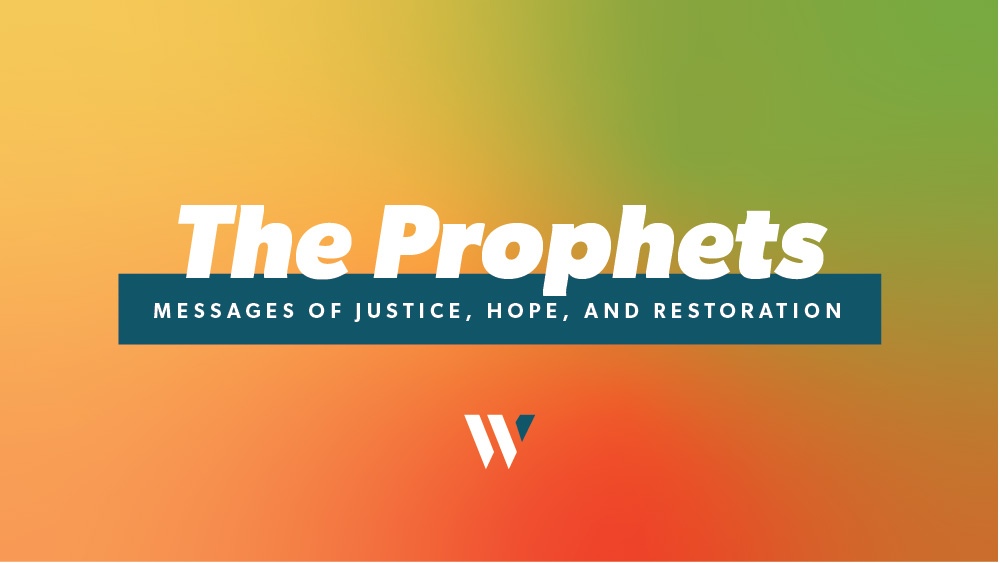Today’s Reading:
Read Lamentations 1-3:36
Sadness is no fun, is it? Different people handle being sad in different ways. Some people keep it inside and choose not to say anything about it. Others might become emotional and cry a lot about what makes them sad. No matter how you handle sadness, it’s important for you to know that it’s okay to tell God what you’re sad about. He wants to hear from us!
The author of Lamentations was sad. Actually, the word “Lamentations” comes from the word “lament” which means expressing sorrow or pain. The author had lived through the fall of Israel and Jerusalem, the destruction of the temple and the captivity of the Israelites in Babylon. As one of God’s chosen people, seeing and experiencing all of that made him very sad. The book of Lamentations was his way of putting words to that sadness.
The Israelites knew that the downfall of Israel was a consequence of their rebellion and the fact that they did not honor the covenant agreement they had made with God. However, they also knew that if God was consistent with His consequences they could trust that He would also be faithful with His promises to restore their nation! Lamentations 3:21-36 expresses the HOPE that the Israelites had in God’s mercy even though they understood His justice as well.
Application/Prayer:
As a family, commit to memorizing Lamentations 3:22-24. Thank God that His mercies are new every morning and we can put our faith in His unfailing love.
August Memory Verse:
“Listen, Israel: The LORD our God, the LORD is one. Love the LORD your God with all your heart, with all your soul, and with all your strength.”
- Bring your Bible! Your kids need to see that everything you are reading to them or learning about comes from an actual Bible!
- Each day starts with a reading prompt. Read the selection as a family. If your kids are readers, encourage them to read along with you.
- After you’ve read the passage, read the short devotional thought that goes along with each passage.
- Prayer and application are important any time we read God’s word! After each devotional, there is a challenge to help apply what your family has read that day.
- There is a reading for six days of the week. The last reading of the week is a Gospel Conversation Prompt to help you connect the reading from the week with God’s plan for salvation.
Other Resources:
August memory verse coloring sheet
August Fill-in the blank activity
